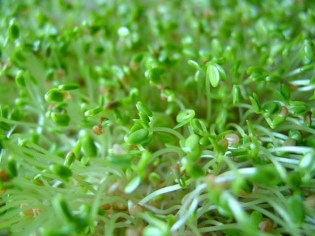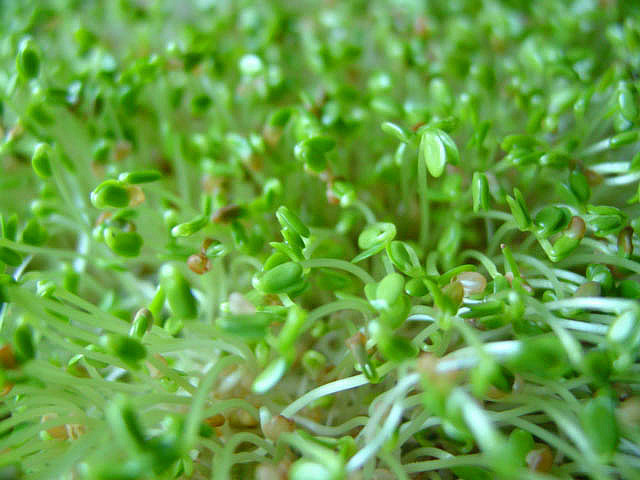 I started talking about the concept of “sustainable information” here at Grist a couple of months ago, and drew mostly blank stares. It was as if yoking the two words together couldn’t possibly make sense.
I started talking about the concept of “sustainable information” here at Grist a couple of months ago, and drew mostly blank stares. It was as if yoking the two words together couldn’t possibly make sense.
I didn’t mean information about sustainability, valuable though that is.
I didn’t mean the sustainable delivery of information — as in, “think of the trees before you print out this e-mail,” or “don’t leave your laptop on its charger round the clock.”
And — important though this might be to my own livelihood — I didn’t mean “how do we keep news organizations in business,” which is what people in the media often think “sustainable” means.
I was thinking more about what it might mean to apply the ideal of sustainability to the news and information that we produce and consume every day.
Some of the questions I want to look at: How do we stay informed about what matters in our world in a way that we can keep up over time? What kinds of information production and consumption inspire our creativity and curiosity and motivate us to act to improve our world — and what kinds drain our energy, close off possibilities, and burn us out? Are there ways of thinking about information — as a stream, as a diet, as a lived-in environment — that will help us husband our information resources rather than deplete them? How can information providers steer a smart course between eat-your-vegetables preaching and artificially sweetened pandering? If everything coming at us is screaming for our attention, how do we keep our heads on straight?

If you just realized that I’m asking these questions in part because I’m trying to figure out my job as Grist’s editor, you win.
I’ll begin this exploration with a quick attempt to define both “sustainability” and “information.” Then we’ll move on to some specific case studies of information products that take a sustainable approach, as well as ones that exemplify the opposite. While we’re doing that we’ll also be checking in with a variety of smart people who are thinking about this stuff. Some of them have written relevant books or articles, and we’ll look at those, too.
In some ways this topic is an empty frame that I’m going to try to fill in here. I’m not aware of many people who have already tackled this subject in these terms. (There is this guy. If you know of others, fill me in.)
It’s no secret that our society has stalled out on dealing with climate change in large part because of a broken-down media system. We’ve lost the ability to reach a shared social understanding of reality. No wonder we’re so screwed: When information goes dysfunctional, we’re never going to make good decisions. If we expect to have a chance of sanely addressing all the global and local problems we face, we’re going to need to figure out this stuff too. Let’s get started!



